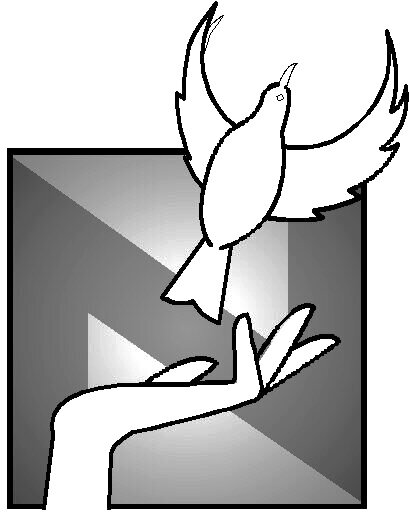What is Cognitive Behavior Therapy?
Anxiety by Dr. Lois Nightingale on April 8, 2016
What is Cognitive Behavior Therapy?
Cognitive Behavior Therapy is an action-focused psychotherapy that focuses on addressing thought patterns (cognitions) that lead to disruptive behaviors and uncomfortable emotions. It is a relatively short-term form of therapy based on the concept that the way we think about things affects how we feel emotionally. CBT focuses on changing current mal-adaptive thought patterns, behaviors and communication rather than on past experiences. It is oriented toward current problem solving.
CBT is based on extensive empirical research. It is the primary psychological treatment being studied in research today. CBT has been shown to be as useful as antidepressant medication for individuals with depression and is superior in preventing relapse. Studies indicate that patients who receive CBT in addition to medication have better outcomes than patients who do not receive CBT as an added treatment.
While CBT acknowledges many of the core beliefs contributing to “automatic thoughts” in response to life situations, may have been developed in childhood or during times of crisis, the predominant focus is on helping clients feel better and behave better their current lives.
CBT clients need to be motivated, as CBT can be hard work. Clients may feel uncomfortable at times as they practice new behavioral habits. Clients are expected to do work outside of therapy. Homework assignments, journaling, role-playing, cognitive rehearsal, relaxation techniques, systematic desensitization, deep breathing exercises, reinforcement strategies, and validity testing, are all techniques used in CBT. Clients who seek CBT can expect their therapist to be active, problem-solving and goal-directed.
The harder clients work, the better their chances of recovery.
Cognitive therapy is not about “positive thinking” in the sense that you must always think happy thoughts. Rather, it is a way to gain control over racing, repetitive thoughts which often feed or trigger anxiety or depression. In CBT people learn how to change their behavior and their feelings to live more fulfilled lives.
Dr. Lois Nightingale, Psychologist PSY9503 714-993-5343
